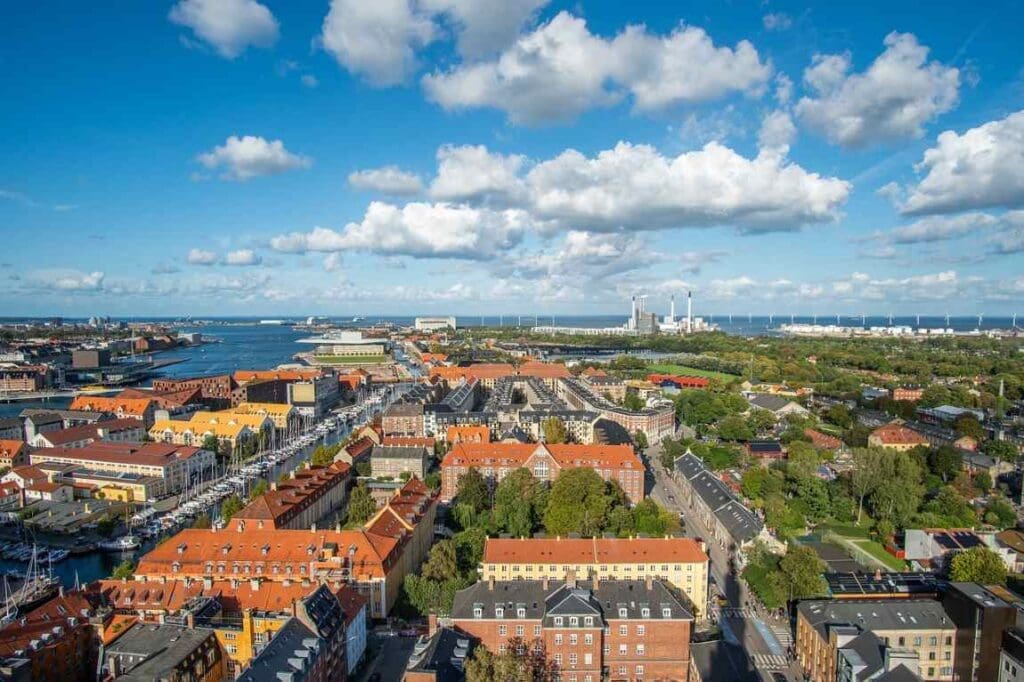By Gerard MARTINEZ with Lucie AUBOURG in Washington | AFP
Cedar Key, United States – Rescuers struggled on Saturday with washed-out bridges and debris-strewn roads in the search for survivors of devastating Storm Helene, which killed at least 63 people across five states and caused massive power outages.
Helene slammed into Florida Thursday as a Category 4 hurricane and surged north, gradually weakening but leaving in its wake toppled trees, downed power lines and mudslide-wrecked homes.
Federal emergencies were declared in six states — Alabama, Florida, Georgia, North Carolina, South Carolina and Tennessee — with more than 800 personnel from the Federal Emergency Management Administration (FEMA) deployed.
Now classified as a “post-tropical cyclone”, the remnants of the storm are expected to continue inundating the Ohio Valley and central Appalachians through Sunday, according to the National Hurricane Center (NHC).
In affected communities across the eastern coast and midwest, storm victims and volunteers toting trash bags, mops and hammers tried to repair what they could and clean up the rest.
“There’s only a couple businesses open. They have limited supply. So I’m just worried about families that have kids and stuff like that, getting somewhere to stay and have something to eat,” said Steven Mauro, a resident of Valdosta, Georgia.
At least 24 people died in South Carolina, 17 in Georgia, 11 in Florida, 10 in North Carolina and one in Virginia, according to local authorities and media tallied by AFP.
The National Weather Service said conditions would “continue to improve today following the catastrophic flooding over the past two days.”
But it warned of possible “long-duration power outages.”
“Main issue is the electrical power,” said another man from Valdosta who declined to give his name. “With the whole town down, the traffic lights are out. So driving around… people should just stay home.”
More than 2.6 million customers were still without electricity across 10 states from Florida in the southeast to Indiana in the midwest as of early Sunday morning, according to tracker poweroutage.us.
– ‘It breaks my heart’ –
Helene blew into Florida’s northern Gulf shore with powerful winds of 140 miles (225 kilometers) per hour. Even as it weakened into a post-tropical cyclone, it has wreaked havoc.
Record levels of flooding threatened to break several dams, but Tennessee emergency officials said Saturday that the Nolichucky Dam — which had been close to breaching — was no longer in danger of giving way and people downriver could return home.
Massive flooding was reported in Asheville, in western North Carolina. Governor Ray Cooper called it “one of the worst storms in modern history” to hit his state.
There were reports of remote towns in the Carolina mountains without power or cell service, their roads washed away or buried by mudslides.
In Cedar Key, an island city of 700 people off Florida’s Gulf Coast, several pastel-colored wooden homes were destroyed by record storm surges and ferocious winds.
“I’ve lived here my whole life, and it breaks my heart to see it. We’ve not really been able to catch a break,” said Gabe Doty, a Cedar Key official, referring to two other hurricanes in the past year.
In South Carolina, the dead included two firefighters, officials said.
Georgia’s 17 deaths included an emergency responder, according to state officials.
In the Tennessee town of Erwin, more than 50 patients and staff trapped on a hospital roof by surging floodwaters had to be rescued by helicopters.
– ‘Overwhelming’ damage –
In a statement Saturday, President Joe Biden called Helene’s devastation “overwhelming.”
Biden was briefed by FEMA administrator Deanne Criswell and Homeland Security Advisor Liz Sherwood-Randall on “the tragic loss of life across the region,” the White House said.
Criswell, who went to Florida on Saturday to survey damage, will visit Georgia on Sunday and North Carolina on Monday.
September has been an unusually wet month around the world, with scientists linking some extreme weather events to human-caused global warming.
The North Atlantic hurricane season runs from the beginning of June to the end of November, with most of the severe storms historically forming around the end of August or beginning of September.
Forecasters are carefully watching two more named storm systems expected next week: Joyce and Hurricane Isaac.
Isaac is expected to weaken into a powerful post-tropical cyclone by Sunday night or early Monday, while Joyce is expected to be a tropical storm for a couple more days, according to the NHC.
bur-bbk-jgc/lb/mtp
© Agence France-Presse
Featured image credit: kjpargeter | Freepik




